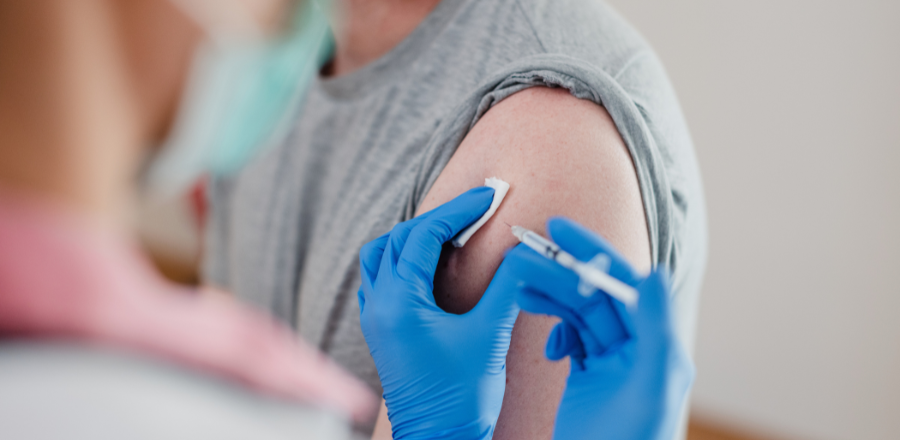Kyleena (levonorgestrel intrauterine system)
– first long-acting reversible contraceptive
listed on the PBS since 2003
Sydney, 28 February 2020 –The first long-acting reversible contraceptive to be added to the Pharmaceutical Benefits Scheme in more than 15 years comes as a timely boost to Federal Government efforts to increase availability and uptake of longer-term birth control options.
Bayer Australia has welcomed today’s announcement by Federal Health Minister Greg Hunt that Kyleena® will receive a government subsidy from 1 March – allowing women to pay just $41.00 (general patients) or $6.60 (concession card holders) for a device that provides up to five years of contraception.
The Kyleena Intrauterine Device (IUD) is a small, flexible T-shaped device inserted into a woman’s uterus by a healthcare professional. It releases a low dose of progestin hormone to prevent pregnancy. The device can be removed by a healthcare provider at any time, allowing fertility to return.
“The PBS listing of Kyleena provides women with an important new birth control option that works to prevent pregnancy for up to five years,” said Dr Eduardo Pimenta, Country Medical Director from Bayer ANZ.
“Improved access to long-acting reversible contraception has become a health policy priority in Australia as it offers continuous, reliable contraception that’s not contingent on user behaviour.”
“A recent survey of more than 1,000 women who use oral contraception found that 90 per cent had forgotten to take their pill at least once,” he said.
Dr Pimenta congratulated Minister Hunt on the Federal Government’s commitment to women’s health and noted that the National Women’s Health Strategy 2020-2030 identifies increased access to long-acting reversible contraception as a key measure of success.
The use of long-acting reversible contraception in Australia (12.5%) is lower than in Europe (17-20%).
Australian family planning experts agree more can be done to ensure women are aware of options beyond the pill and are offered long-acting reversible contraception by doctors trained in the insertion and removal of these devices.
Research published in the Medical Journal of Australia relating to a study of 2,013 Australian women found that 1,390 women had been pregnant in the last ten-years, with 26% of these pregnancies being unintended. The study found that approximately 30% of these unintended pregnancies were terminated.
The availability of Kyleena in Australia reflects Bayer’s commitment to provide women and healthcare providers with a range of contraceptive choices to meet their individual needs.
Because Kyleena slowly releases a progestogen hormone called levonorgestrel into the woman’s uterus, only small amounts of the hormone enter the blood. For the first 3-6 months, periods may become irregular and the number of bleeding days may increase. Over this period, women may also have frequent spotting or light bleeding. Some women have heavy bleeding during this time. However, after using Kyleena for a while, the number of bleeding and spotting days is likely to lessen. For some women, periods will stop altogether. When Kyleena is removed, menstrual periods should return.
As with all medicines, Kyleena is associated with side-effects. The most common adverse events are headache, abdominal/pelvic pain, acne/greasy skin, itching, redness and/or swelling of the vagina, depressed mood/depression, migraine, nausea, hair loss or excessive hairiness, vaginal infections and discharge, menstrual pain, breast pain or discomfort, ovarian cysts and expulsion of the IUD.
All medicines have risks as well as benefits, please talk to a healthcare professional








